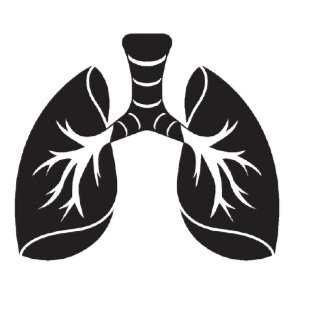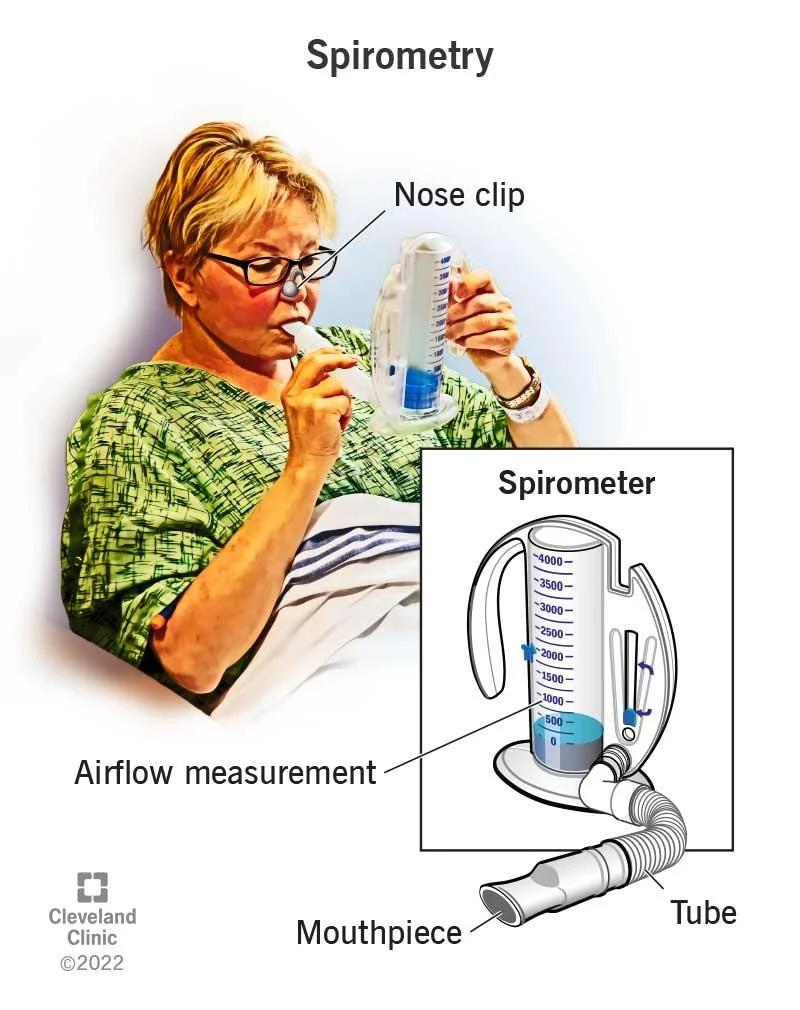When Should You Visit a Pulmonologist for Breathing Issues?
Introduction
Breathing is one of our most vital functions, yet we rarely think about it—until it becomes difficult. Shortness of breath, persistent cough, or chest discomfort are symptoms we often ignore, attributing them to tiredness, weather, or a passing infection. But in some cases, these signs point to a deeper issue involving the lungs or respiratory system.
If you're living in a pollution-prone city like Kolkata, or if you’ve been dealing with unexplained breathing issues, it's important to know when to consult a pulmonologist. Early diagnosis can mean faster relief, better treatment outcomes, and improved quality of life.
This comprehensive guide will help you understand:
What pulmonologists do
Signs you need to visit one
What to expect during your consultation
How Dr. Ayush Goel, a leading pulmonologist in Kolkata, can help
What Does a Pulmonologist Do?
A pulmonologist is a medical doctor who specializes in diagnosing and treating diseases of the lungs and respiratory system. These specialists undergo years of advanced training in conditions that affect breathing, oxygen exchange, lung function, and airway integrity.
Some of the common conditions a pulmonologist treats include:
Asthma
Chronic Obstructive Pulmonary Disease (COPD)
Interstitial Lung Disease (ILD)
Pneumonia and tuberculosis
Sleep apnea and other sleep-related breathing disorders
Bronchitis
Lung cancer
Pulmonary fibrosis
Respiratory system highlighting the lungs and airways
When Should You Visit a Pulmonologist?
While your general physician can manage common colds or seasonal allergies, you should consider visiting a lung specialist if your symptoms are:
Persistent
Unexplained
Getting worse despite treatment
Here are some clear signs you should book an appointment:
1. Chronic Shortness of Breath
Are you struggling to breathe even with minimal exertion or while resting? Breathlessness that doesn’t improve with time could indicate asthma, COPD, ILD, or even heart-related issues.
2. Persistent Cough (Over 3–4 Weeks)
A cough lasting more than a few weeks—especially if it's dry, wet, or produces blood-stained sputum—warrants further investigation.
3. Wheezing or Noisy Breathing
This can signal airway obstruction caused by asthma, allergies, or chronic bronchitis.
4. Unexplained Chest Pain or Tightness
If you're not sure what's causing your discomfort, a pulmonologist can rule out lung-related causes like pleuritis, pulmonary embolism, or pneumonia.
5. Frequent Lung Infections
Do you fall ill with respiratory infections more than others? It might be a sign of underlying immune or lung function issues.
6. Difficulty Breathing During Sleep
Daytime fatigue, snoring, or choking at night could indicate obstructive sleep apnea, which can be diagnosed and treated by a pulmonologist.
What Happens During a Pulmonology Consultation?
Many people hesitate to see a specialist because they're unsure what to expect. A visit to a pulmonologist is straightforward and focused on understanding your symptoms in detail.
Your First Appointment Typically Includes:
Detailed History Review
Your pulmonologist will ask about symptoms, triggers, family history, occupation, smoking history, and past illnesses.Physical Examination
Including chest auscultation (listening to lung sounds), checking oxygen saturation, and heart rate.Lung Function Testing
Common tests include:Spirometry: Measures airflow and how much air you can exhale
PFT (Pulmonary Function Tests): Measures lung volume and gas exchange
Imaging (if needed)
Depending on your symptoms, your doctor may order:Chest X-rays
CT scans
Sleep studies (polysomnography for suspected OSA)
Bronchoscopy to look inside airways (in complex cases)
Personalized Treatment Plan
Based on test results, your specialist will recommend medications, lifestyle changes, and follow-up schedules.
Why Early Diagnosis Matters
Delaying specialist care can lead to:
Disease progression
Reduced lung capacity
Emergency hospitalizations
Long-term oxygen dependence
Visiting a pulmonologist near you in Kolkata early helps catch conditions in their mild to moderate stages—when they’re easier to manage and treat.
Why Choose Dr. Ayush Goel as Your Pulmonologist in Kolkata?
Dr. Ayush Goel is a highly trained and widely trusted name in respiratory care in Kolkata. Known for his thorough diagnosis and patient-first approach, he offers both in-person and hospital-based services backed by modern equipment.
Credentials:
Gold medallist in Pulmonary and Critical Care Medicine from AIIMS New Delhi
Certified in Sleep Medicine and Critical Care
MRCP-UK (SCE) certified
Holds the European Diploma in Respiratory Medicine
Author of 10+ international research papers in lung health
Whether you’re suffering from asthma, COPD, recurrent infections, or sleep apnea, Dr. Goel’s clinic offers end-to-end respiratory care—from advanced testing to personalized treatment.
Final Tips Before You Go
Breathing problems may seem minor at first—but if they persist, they could indicate serious health concerns. Whether it’s a lingering cough, unexplained fatigue, or breathing difficulty at night, early evaluation by a pulmonologist is the safest course of action.
If you live in or around Kolkata and are searching for a "pulmonologist near me", Dr. Ayush Goel offers trusted, evidence-based care backed by global training and local experience.


